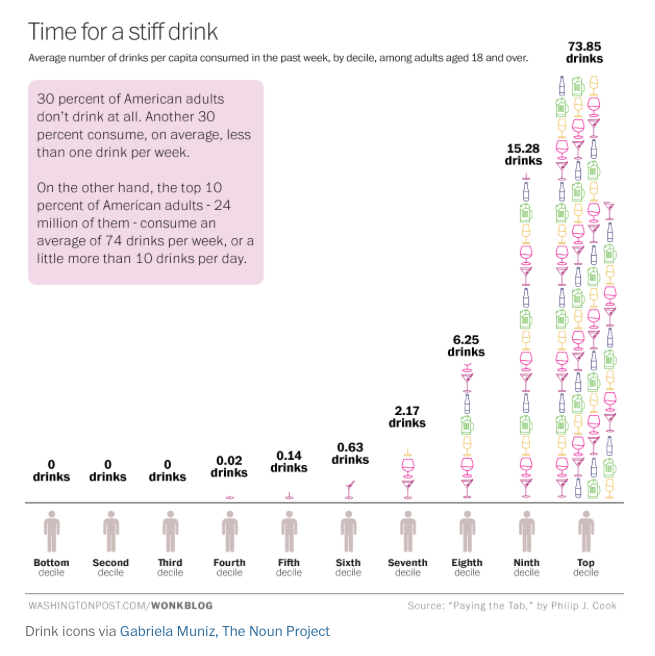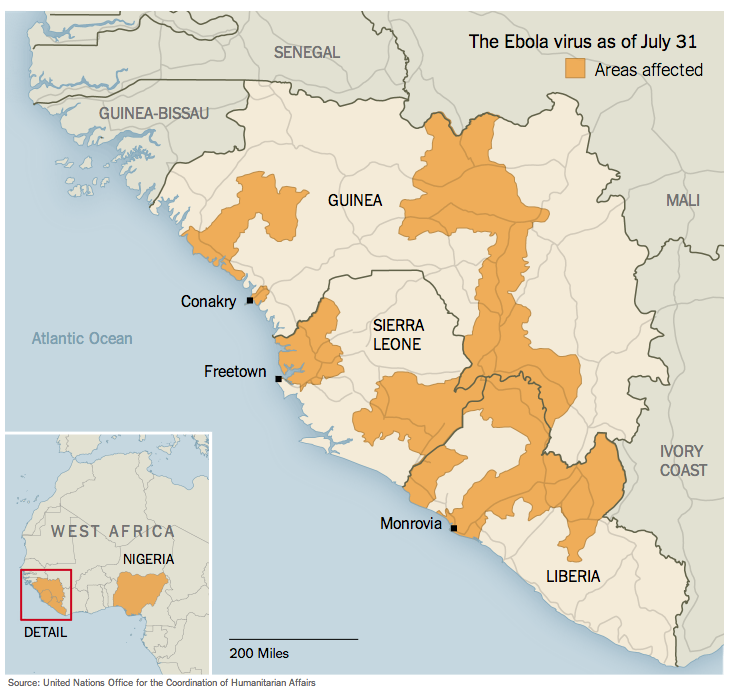Rob Lyons charts the way our governments and healthcare experts got onboard the anti-fat dietary express, to our long-lasting dietary harm:
… in recent years, the advice to eat a low-fat diet has increasingly been called into question. Despite cutting down on fatty foods, the populations of many Western countries have become fatter. If heart-disease mortality has maintained a steady decline, cases of type-2 diabetes have shot up in recent years. Maybe these changes were in spite of the advice to avoid fat. Maybe they were caused by that advice.
The most notable figure in providing the intellectual ammunition to challenge existing health advice has been the US science writer, Gary Taubes. His 2007 book, Good Calories, Bad Calories, became a bestseller, despite containing long discussions on some fairly complex issues to do with biochemistry, nutrition and medicine. The book’s success triggered a heated debate about what really makes us fat and causes chronic disease.
The move to first discussing and then actively encouraging a low-fat diet was largely due to the work of Dr. Ancel Keys, who is to the low-fat diet movement what Karl Marx is to Communism. His energy, drive, and political savvy helped get the US government and the majority of health experts onboard and pushing his advice. A significant problem with this is that Keys’ advocacy was not statistically backed by even his own data. He drew strong conclusions from tiny, unrepresentative samples, yet managed to persuade most doubters that he was right. A more statistically rigorous analysis might well show that the obesity crisis has actually been driven by the crusading health advisors who have been pushing the low-fat diet all this time … or, as I termed it, “our Woody Allen moment“.
Rob Lyons discussed this with Nina Teicholz, author of the book The Big Fat Surprise:
Once the politically astute Keys had packed the nutrition committee of the AHA and got its backing for the advice to avoid saturated fat, the war on meat and dairy could begin. But a major turning point came in 1977 when the Senate Select Committee on Nutrition, led by Democratic senator George McGovern, held hearings on the issue. The result was a set of guidelines, Dietary Goals for the United States [PDF], which promoted the consumption of ‘complex’ carbohydrates, and reductions in the consumption of fat in general and saturated fat in particular.
By 1980, this report had been worked up into government-backed guidelines — around the same time that obesity appears to have taken off in the US. The McGovern Report inspired all the familiar diet advice around the world that we’ve had ever since, and led to major changes in what food manufacturers offered. Out went fat, though unsaturated fat and hydrogenated oils were deemed less bad than saturated fat, so vegetable oils and margarines became more popular. In came more carbohydrate and more sugar, to give those cardboard-like low-fat ‘treats’ some modicum of flavour.
Yet two recent reviews of the evidence around saturated fat — one led by Ronald Krauss, the other by Rajiv Chowdhury — suggest that saturated fat is not the villain it has been painted as. (The latter paper, in particular, sparked outrage.) As for fat in general, Teicholz tells me: ‘There was no effort until very late in the game to provide evidence for the low-fat diet. It was just assumed that that was reasonable because of the caloric benefit you would see from restricting fat.’
Teicholz also debunks the wonderful reputation of the Mediterranean Diet (“a rose-tinted version of reality tailored to the anti-meat prejudices of American researchers”), points out the role of the olive oil industry in pushing the diet (“Swooning researchers were literally wined and dined into going along with promoting the benefits of olive oil”), and points out that we can’t even blame most of the obesity problem on “Big Food”:
Which leads us to an important third point made by Teicholz: that the blame for our current dietary problems cannot solely, or even mainly, be placed at the door of big food corporations. Teicholz writes about how she discovered that ‘the mistakes of nutrition science could not be primarily pinned on the nefarious interests of Big Food. The source of our misguided dietary advice was in some ways more disturbing, since it seems to have been driven by experts at some of our most trusted institutions working towards what they believed to be the public good.’ Once public-health bureaucracies enshrined the dogma that fat is bad for us, ‘the normally self-correcting mechanism of science, which involves constantly challenging one’s own beliefs, was disabled’.
The war on dietary fat is a terrifying example of what happens when politics and bureaucracy mixes with science: provisional conclusions become laws of nature; resources are piled into the official position, creating material as well as intellectual reasons to continue to support it; and any criticism is suppressed or dismissed. As the war on sugar gets into full swing, a reading of The Big Fat Surprise might provide some much-needed humility.







